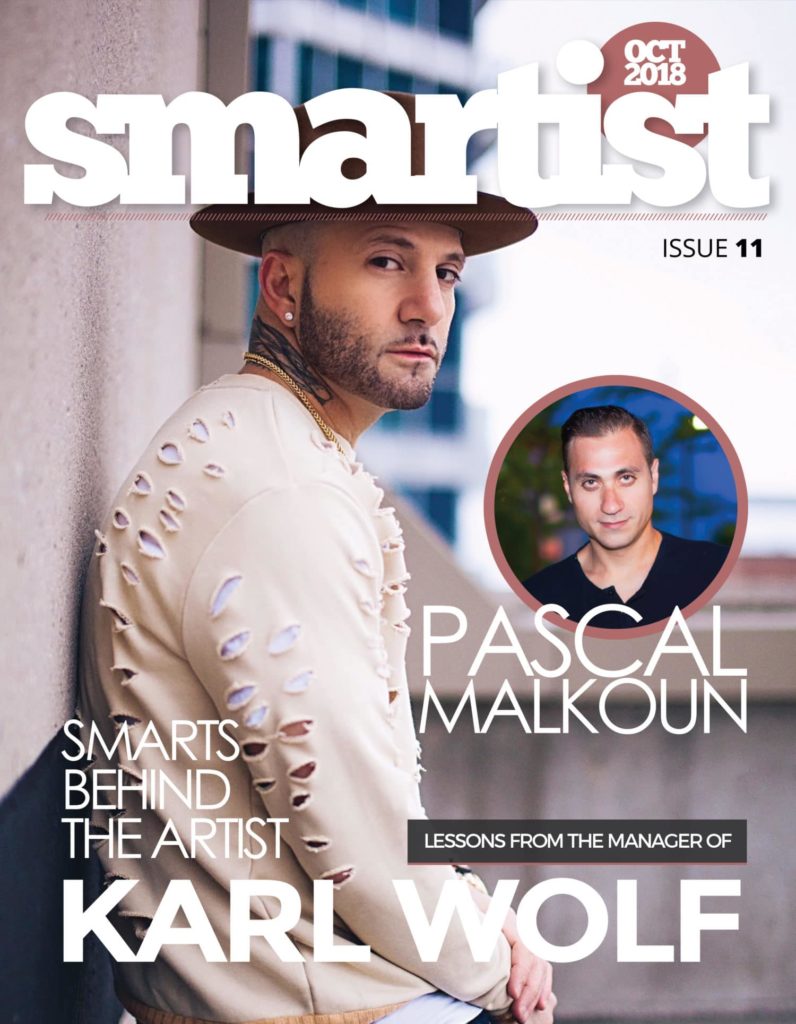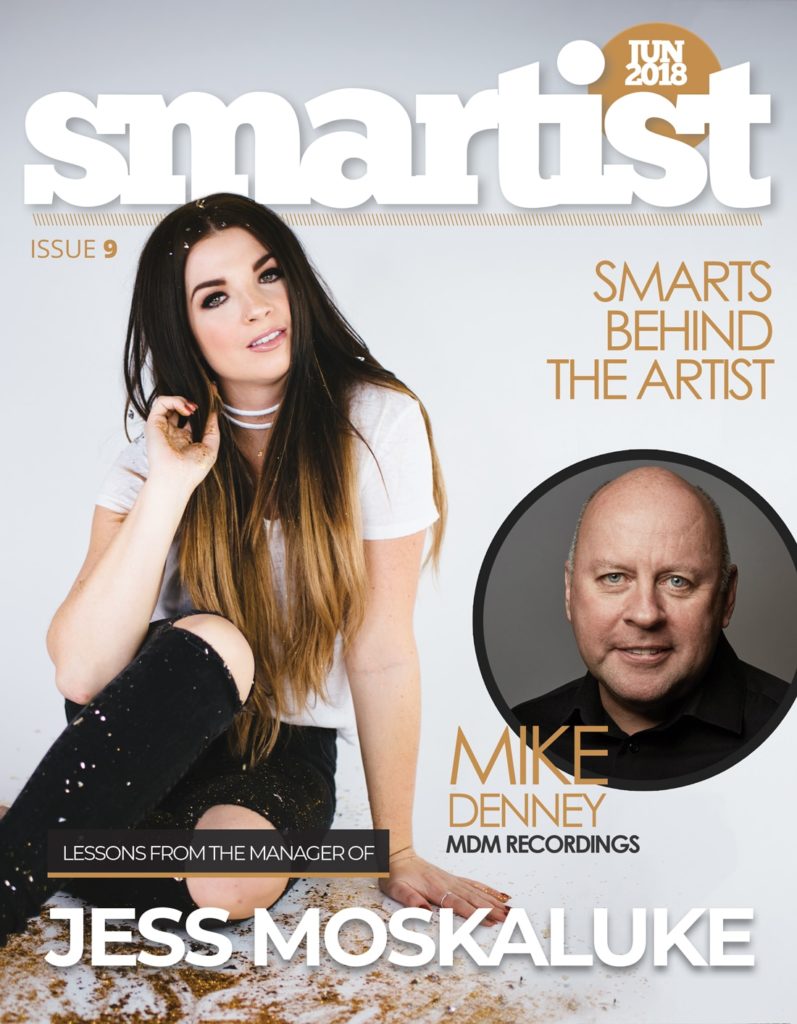What Does An Artist Manager Do?

The CEO of the Corporation
I like to explain it like this. Picture a large corporation. You have the CEO and then all the departments. The artist IS the corporation. They are the business, they are the brand, they are the product. The manager is the CEO of the corporation and manages all the departments within it.
All our training’s are now available in both audio/visual (video) as well as written (article transcript) format. The article can be read directly below the video. When you’re done reading/watching this, make sure you download your free artist management start-up kit which comes with 10 free templates and guides!
The departments are made up of everyone on the artists team or industry looking to work with the artist, from the label to the agent to the publisher or other gatekeepers or industry personnel. And when you don’t have departments, aka a team, then the manager takes on those roles until they can build out those departments. However, at the same time, it’s not just the manager. The manager and the artist both need to take on whatever roles they can to build the business.
The Mediator
In another sense, the manager is the mediator between the artist and the rest of the world. Managers act as the ‘buffer’ between the industry and the artist, so the artist can leverage being one step removed and focus on their art. And, side note, I’m kind of curious about your thoughts on this, managers are also called ‘band managers’, ‘artist managers’, ‘music managers’, or ‘talent managers’. Which one do you use or like the most? Do you mind taking a second to comment and let us know?
The Partner
Whichever the case, the artist and the manager collaborate on everything. When it comes down to it they are compete partners. They decide everything together. As a manager, you’re basically the business director, and the artist is the creative director.
The Artist/Manager Relationship
Now all artist and manager relationships are different. You’ll often hear that it’s a lot like a marriage. This is because you are in a partnership, running a business together. You communicate every single day, at least when the artist is active. But like any relationship or partnership, each one is unique. So a huge part of being in an artist-to-manager relationship is figuring each other out and working together in a way that works for the both of you.
Sometimes artists want a larger role in the business side, sometimes artists want nothing to do with the business side. Sometimes managers are highly creative and help out with songs and branding, sometimes they’re awful at coordinating but amazing at landing deals. The point is, it’s all about knowing your strengths and weaknesses, working together to grow, and finding other talented people to fill any gaps for you.
Manager As A&R
Over time, managers have increasingly become substantial decision makers and investors. With less and less major record label existence and financial support, managers have increasingly taken on the role of the record label. Either by starting their own record label or investing in the artist’s career financially, or increasingly taking on the roles of marketing directors or A&R (which means Artist and Repertoire, which basically means developing the artist, their music, and their brand). Now more than ever, the manager is more likely to fill those shoes.
The Protector
Managers also need to be well versed at ‘protecting’ their clients. It’s important to be able to be a good judge of which opportunities your artists should and should not partake in. You have to always keep in mind that some opportunities could harm their career or their reputation, and others could make their reputation thrive.
The Career Strategist & Coordinator
As for tasks, I’ll break them down in a second, but the main role of a manager is to develop career strategies for, and with, their artists and then handling all the coordination of those plans. They are responsible for overseeing and coordinating marketing, publicity, show bookings and tours, production of music, videos and merchandise, single, album and other product releases, gain funding, music publishing, as well as finding new clients to manage.
Managers Tasks
Alright so here’s a few tasks I’m going to rhyme off. Managers need to be able to…
- Assess talent, their reliability, and determine their market potential
- You need to be able to develop and negotiate contracts and deals
- Help develop or support the artists creative vision
- Guide artists through the music industry
- Analyze data, set goals, and track and measure results
- Draft business plans, marketing plans, and product release plans
- Develop or coordinate marketing, advertising and promotional materials
- Pursue record deals, agency representation, and publishing contracts
- Book shows, and tours, and develop touring strategies with agents
- You need to create and manage budgets and cashflow
- Develop itineraries and manage calendars
- Write grants and sponsorship proposals
- Develop and work with production teams
- Create plans to cultivate fan bases
- You also need to understand artist rights and how royalties work
- And last but not least…
- Be willing to do tons of administrative work – or eventually hire someone to do it for you
Hope this helps on your journey to becoming a manager (or a better manager!). Comment with your thoughts either here or on YouTube!





Responses